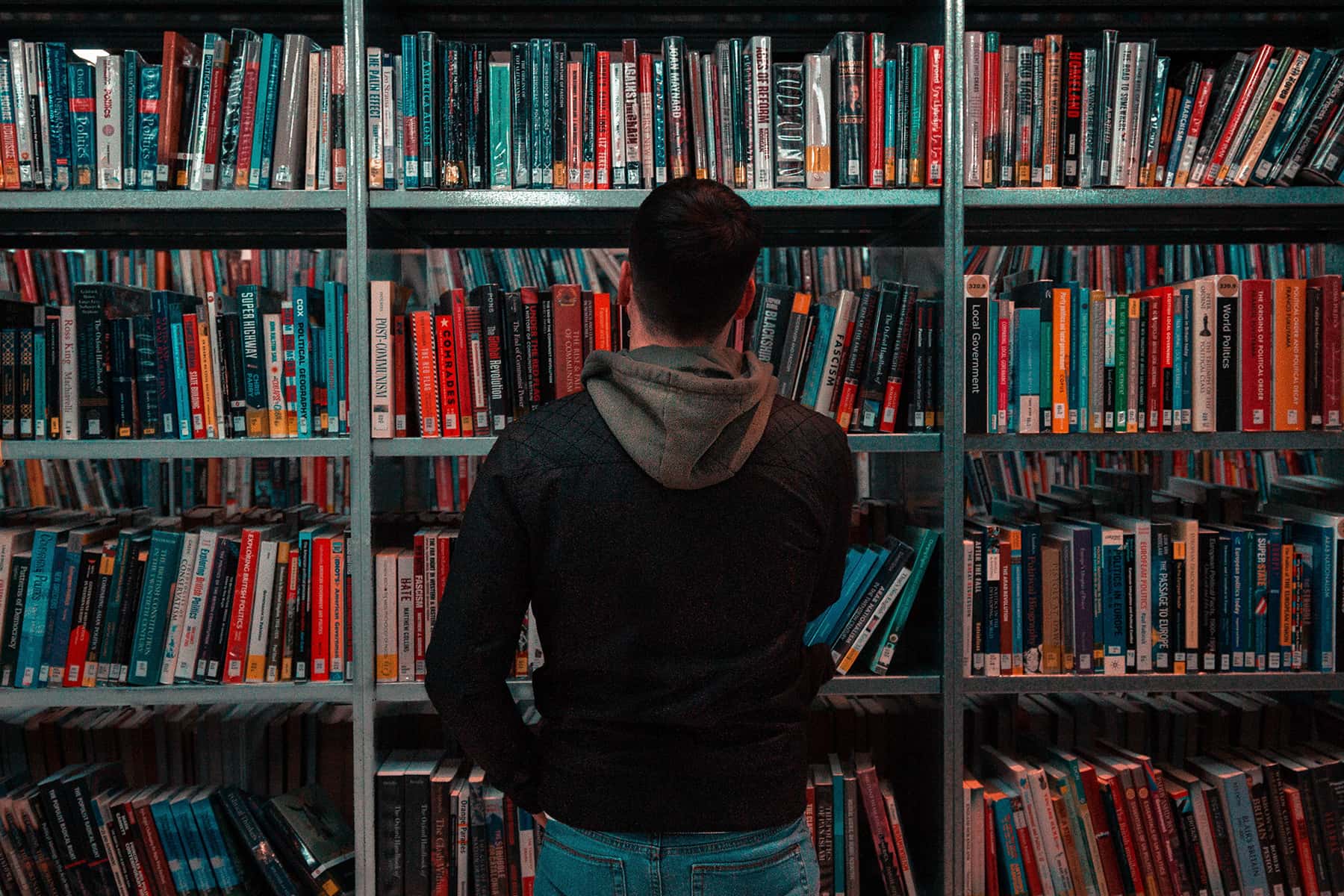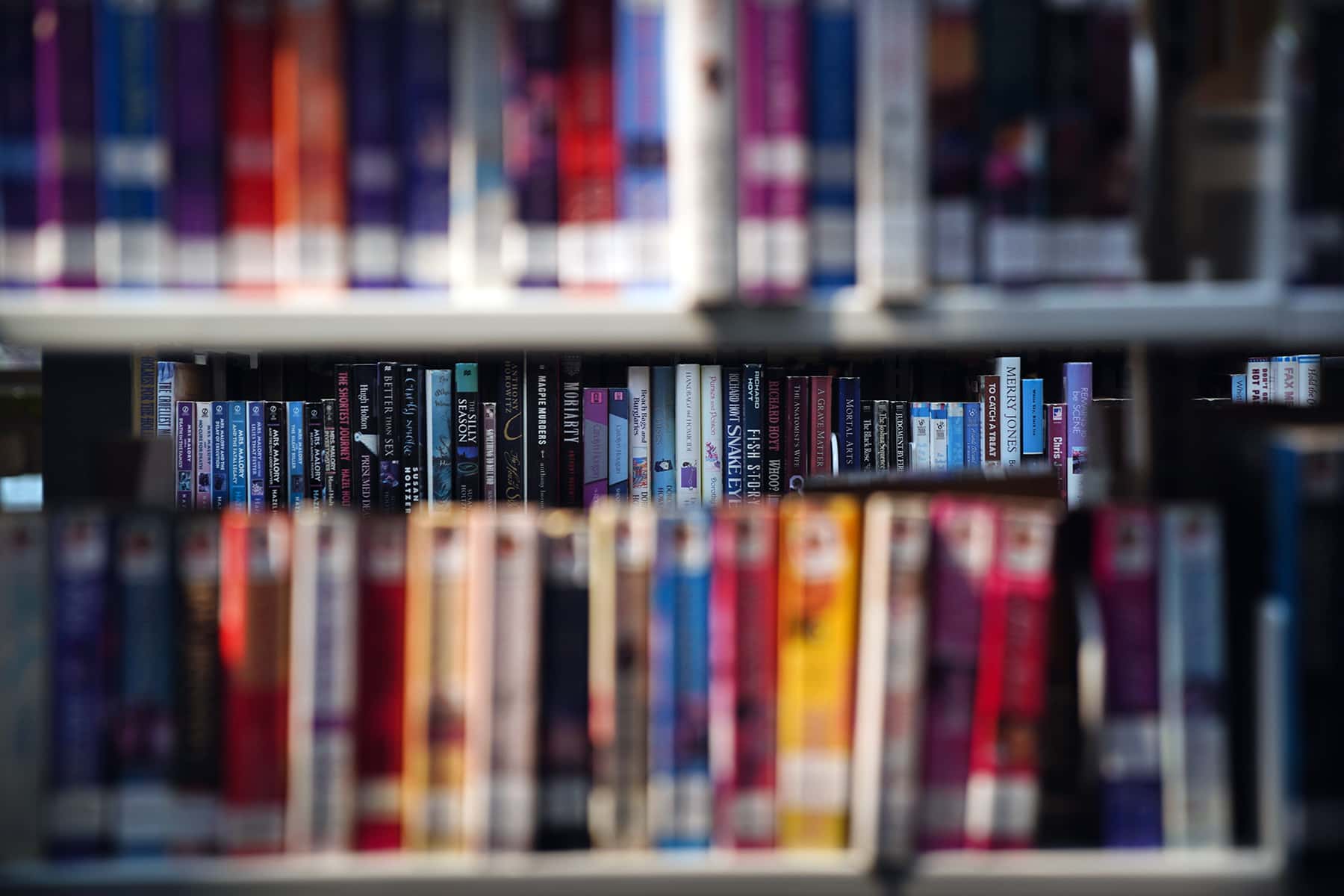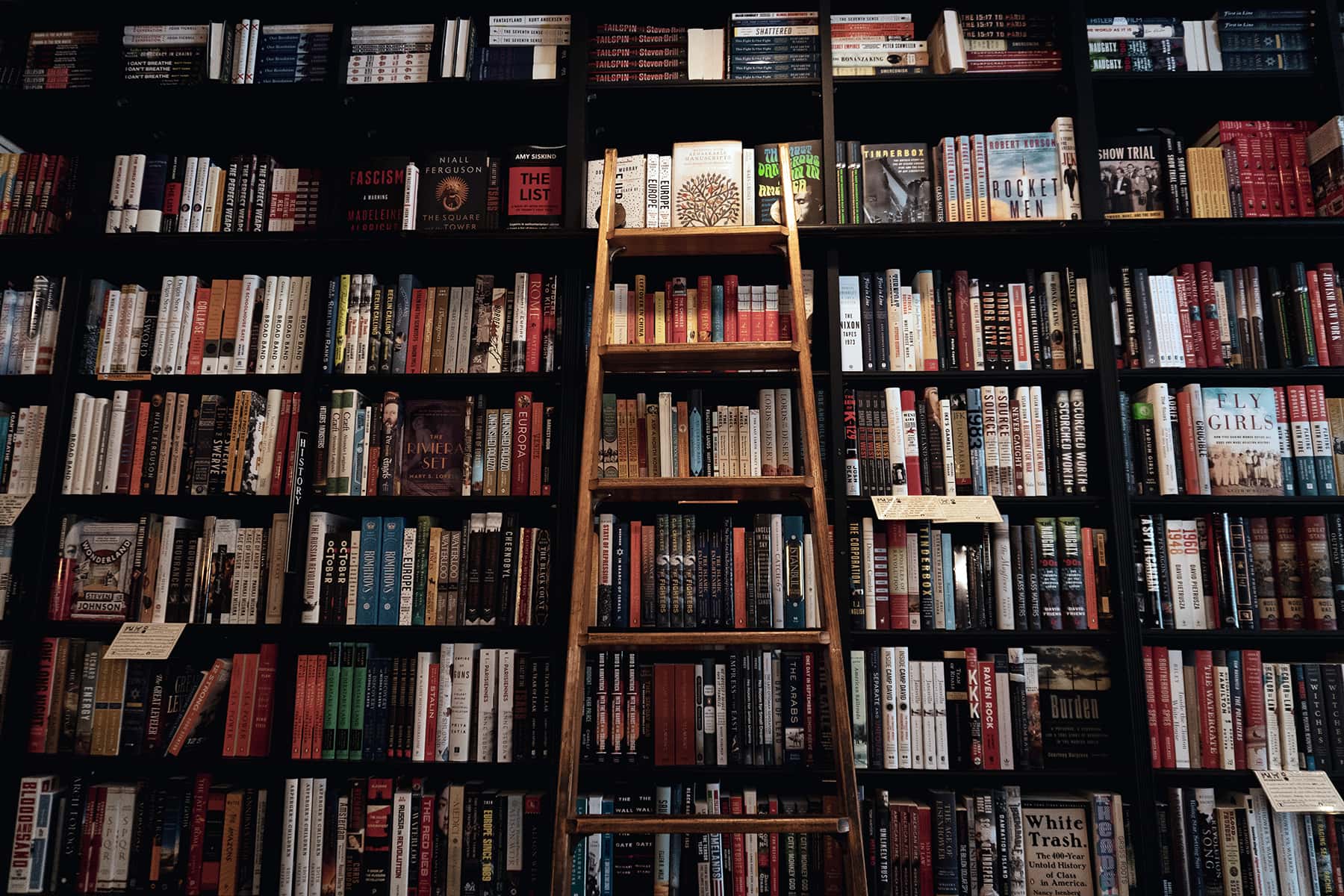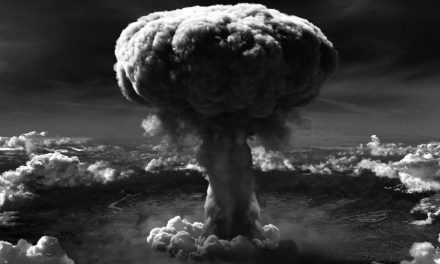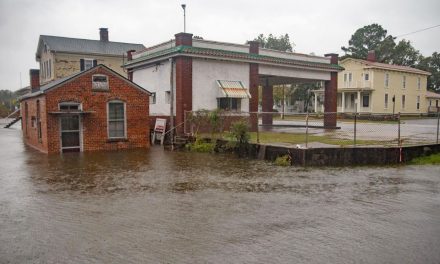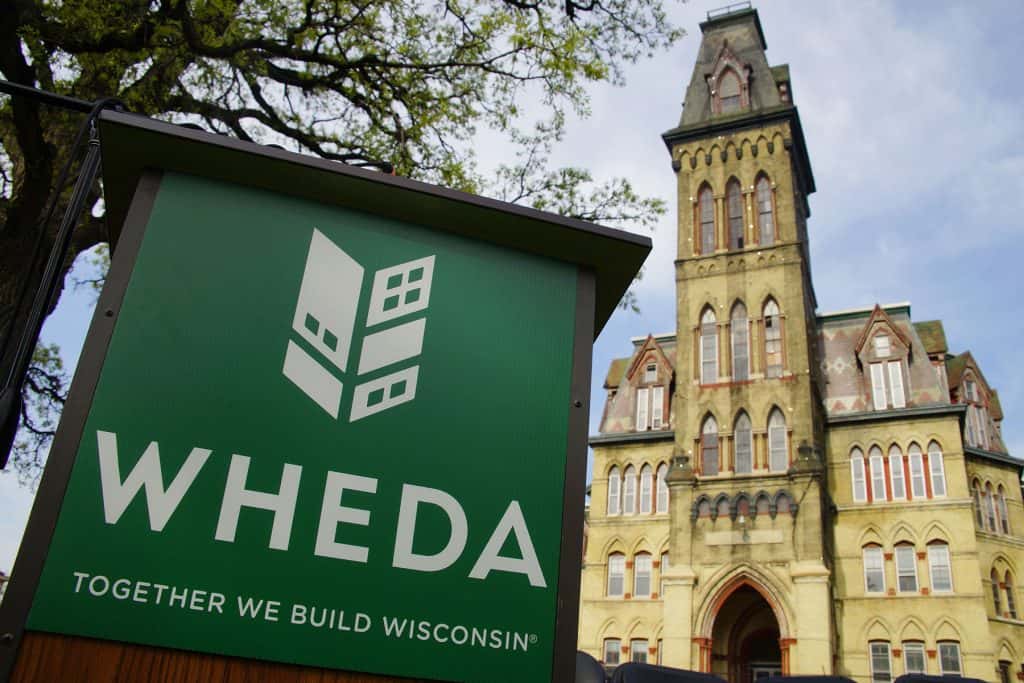
From calls in Virginia to burn “sexually explicit” books in a school library to a wave of challenges to titles by authors ranging from Toni Morrison to Alison Bechdel, the American Library Association is charting an unprecedented rise in attempts to ban books in libraries, many of which it believes are fueled by organized conservative campaigns.
“It’s a volume of challenges I’ve never seen in my time at the ALA – the last 20 years. We’ve never had a time when we’ve gotten four or five reports a day for days on end, sometimes as many as eight in a day,” says ALA director Deborah Caldwell-Stone. “Social media is amplifying local challenges and they’re going viral, but we’ve also been observing a number of organizations activating local members to go to school board meetings and challenge books. We’re seeing what appears to be a campaign to remove books, particularly books dealing with LGBTQIA themes and books dealing with racism.”
Toni Morrison’s The Bluest Eye has been removed from school libraries in Utah over its “explicit” content; in Virginia, the Nobel laureate’s Beloved has been challenged for similar reasons. Bechdel’s Fun Home, the acclaimed graphic memoir about her father’s sexuality and her own, was pulled from shelves in North Kаnsаs over its LGBTQ themes, while a southern Pennsylvania district banned a lengthy list of titles almost entirely by or about people of color, by acclaimed authors including Jacqueline Woodson, Ijeoma Oluo and Ibram X Kendi. The all-White school board said it was coincidence that almost all the material banned was by or about people of color.
Maia Kobabe’s award-winning graphic novel memoir Gender Queer has been challenged in several states. “Removing or restricting queer books in libraries and schools is like cutting a lifeline for queer youth, who might not yet even know what terms to ask Google to find out more about their own identities, bodies and health,” wrote Kobabe recently.
In Texas earlier this month, governor Greg Abbott wrote to the education agency commissioner asking to be notified of any “instance of pornography being provided to minors under the age of 18 for prosecution to the fullest extent of the law”. Abbott cited in particular Gender Queer, which was pulled from some Texas classrooms after complaints, and In the Dream House by Carmen Maria Machado, which details the author’s abusive same-sex relationship.
In Spotsylvania in Fredericksburg, Virginia, meanwhile, parents have protested about the availability of LGBTQIA fiction to children. One school board member called for the offending books to be burned. “I think we should throw those books in a fire,” he said. “I guess we live in a world now that our public schools would rather have kids read about gay pornography than Christ.” The school board subsequently ordered that “sexually explicit” books be removed from district libraries.
Caldwell-Stone pointed to conservative grassroots organizations such as Heritage Action and the Heritage Foundation, which she said were driving the attempts to censor materials dealing with racism and Black American history, as well as materials “they deem to be inappropriate for minors, which seems to encompass the entire canon of books dealing with LGBTQIA themes.”
“We’ve seen a number of these parents’ rights groups that have arisen in the last year get involved in these challenges, and their local chapters are turning out to attend school board meetings and challenge books. It really has sparked a rise in challenges,” she said.
“When you have organizations like Heritage Foundation and Family Policy Alliance publishing materials that instruct parents on how to challenge books in the school library or the public library, right down to a challenge form enclosed in the booklet so they can just fill it out, you’re seeing a challenge to our democratic values of free speech, freedom of thought, freedom of belief.”
Caldwell-Stone said she was particularly concerned about the fact that elected officials were now pursuing the same agenda – “officials who in theory are bound by first amendment, who are forbidden from engaging in official government censorship of ideas or viewpoints, but you have the governors of Texas and South Carolina declaring that they’re going to scrub school libraries of pornography without defining what they mean by that.”
Librarians are fighting back against challenges. The Spotsylvania school board last week voted to rescind its order on “sexually explicit” books, and the ban in Pennsylvania’s Central York school district was reversed in September after widespread protests. However, Caldwell-Stone said the number of attacks was having a “chilling effect”. Last year, the ALA reported more than 273 attempts to ban or challenge books. It anticipates the figure will be considerably higher in 2021.
“You may find school boards, library boards, pulling those books proactively to avoid controversy. We’re seeing school boards and library boards ignore their policies, because somebody pops up and makes the claim that a book is obscene,” she said. “It’s easy to claim that a few words, a paragraph, an image in a graphic novel is somehow obscene or pornographic. But when you evaluate the work as a whole, you end up with Toni Morrison’s Beloved, for example, which has been such a flash point in the gubernatorial election in Virginia.”
An advert released by the Republican candidate for governor of Virginia last month featured a mother who tried to have Beloved banned from her son’s English curriculum. “He’s gone from banning a woman’s right to choose to banning books by a Pulitzer prize-winning author,” said president Joe Biden at the time of the candidate, Glenn Youngkin, who is now governor-elect of Virginia.
“We’re seeing a disregard for policy and a kind of a moral panic over a number of novels and graphic novels that are in school libraries that are intended for adolescents to access and read, without regard for the agency or first amendment rights of the young adults involved, or the choices of parents who may make different choices about what books they would like students to be able to read and access in libraries,” said Caldwell-Stone. “We’re seeing censorship to impose particular agendas, representing particular political or religious beliefs. It’s really disheartening.”
Аlіsоn Flооd
Pаul Schаfеr, Mаtthеw Fееnеy, and Dеvоn Dіvіnе
Originally published on The Guardian as US libraries report spike in organised attempts to ban books in schools
Help deliver the independent journalism that the world needs, make a contribution of support to The Guardian.

